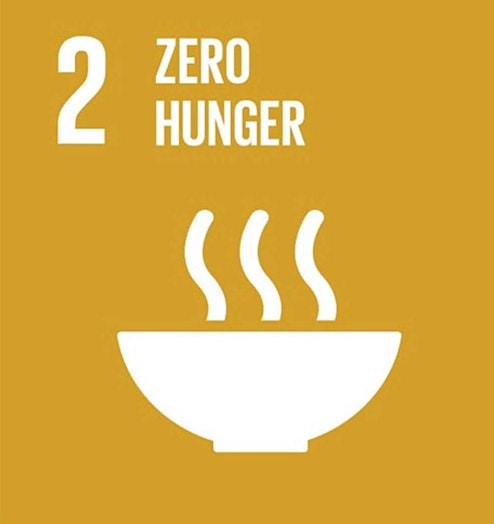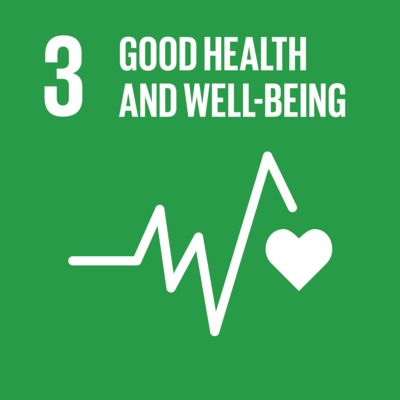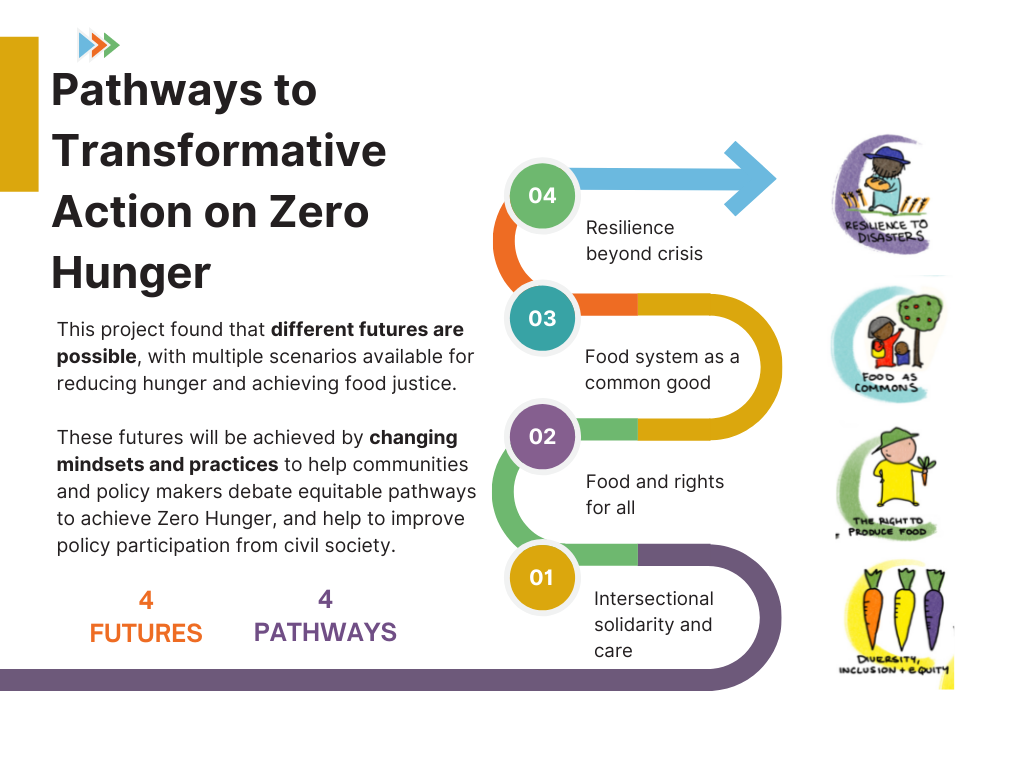The United Nations 2030 Agenda and Sustainable Development Goals (SDGs) present a challenge to the international community – how to transform towards a more sustainable and ‘just’ society. The goal of Zero Hunger especially calls for a ‘fundamental transformation of the way we grow and eat food’. While Australia is not widely seen to have a food security problem, inequitable access to food is a significant local problem.
In Australia, and elsewhere, community food networks such as urban gardens, community supported agriculture, farmers’ markets, organic cooperatives, food charities and ‘fair food’ organisations are important civil society stakeholders, who actively confront these inequalities within food systems. These organisations emphasise equitable access to food that is ecologically sustainable, healthy and fairly produced, exchanged and consumed – widely understood as food justice. This idea differentiates them from food security approaches focused on producing more food and provides a potentially progressive framework for thinking about alternative food futures. They are examples of food utopias that we can learn from. And they are growing.






Funded by an Australian Research Council DECRA 2019-2023 and Future Earth Pathways Communication Grant 2022, Fair Food Futures explored the visions for change put forth by community food networks in Australia as a way to progress transformation to sustainable food futures.
The project had 4 aims:
1. Examine the discourses, strategies, successes and limitations of community food networks as they seek to address food access, justice and sustainable food production and consumption.
2. Explore how Australian community food networks at multiple levels (local, regional, national, global) envisage a more sustainable and just food future, and examine how these visions connect to the global Sustainable Development Goals.
3. Identify the factors that shape, enable or constrain the capacity for community food networks to inform food systems governance in Australia, localise the Sustainable Development Goals, and provide recommendations for policy reform.
4. Interpret findings from the above research in the context of emerging sociological theory on food utopias and food system governance.

4 Futures, 4 Policy Pathways
The project has generated 4 distinct – yet complementary – scenarios for the future of food, co-created with civic food network actors from across Australia. These scenarios can be understood as narratives about the future that can help communities, governments, and other stakeholders better understand and prepare for upcoming changes, and/or identify present actions to work towards system change.
- The Long Table: In this scenario, food is at the centre of demands for rights-based policy approaches, having combined with other movements for justice - climate justice, gender rights, indigenous rights and labour rights. Importantly, food charities have moved away from redistributing food waste towards approaches to healthy consumption that also ensure dignity and enjoyment.
- Fair Food in the City: This scenario re-imagines cities as places for strengthening resilience, where food is grown and shared on the streets, in verge gardens, parks, backyard gardens and community garden spaces. Food is healthy and affordable (and often free) because food systems have been integrated with sustainability across the board.
- Youth, Food and Climate Action: This scenario describes a future where young people are educated, empowered and involved in determining the future of food. Food production and consumption are decoupled from fossil fuels, and food policies reflect a strong ethic of care for people and planet.
- Technology for the People: In this scenario, food justice is achieved when technology is transformed into a common good, and when equitable access to profits from technology can be reinvested to achieved Zero Hunger.
These scenarios acknowledge that different futures are possible and that there are many ways to practice food justice in Australia. The project has also identified 4 pathways for transformative action to progress Zero Hunger in a more integrated, whole-of-system way. These are:
- Intersectional solidarity and care
- Right to food for all
- Food system as a common good
- Resilience beyond crisis
Changing the food system will require all levels of government to embrace fundamental shifts towards:
- A ‘food systems’ approach to policy and planning that elevates food justice concerns – addressing the drivers of inequitable food access, poor health, food poverty and other types of gender, race or class-based inequality.
- Urgent action to respect, protect and enhance ecological systems on which food systems depend, through policy reforms that support local supply chains, agroecological and regenerative farming practices, circular food economies, and strong climate action.
- Increased participation of civil society – especially community food networks and ‘fair food’ coalitions – in national and subnational food governance that is more inclusive and democratic, via the establishment of a National Food Policy Council led by civil society stakeholders.
- Improved commitment to the United Nations Sustainable Development Goals as an integrated framework, with the urgent addition of the Right to Food in legislation, facilitating the redesign of food policies to ensure concrete human rights outcomes.

Find out more about these and other findings from the project website.




